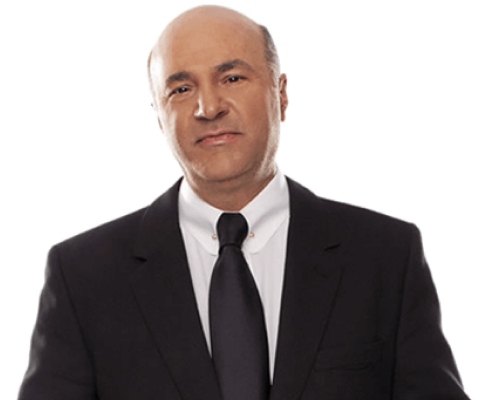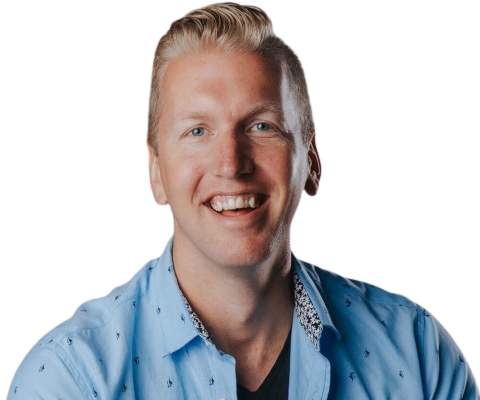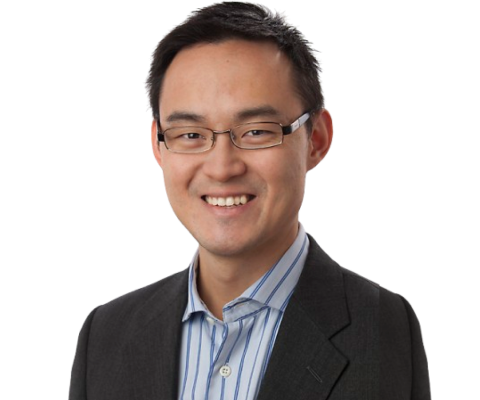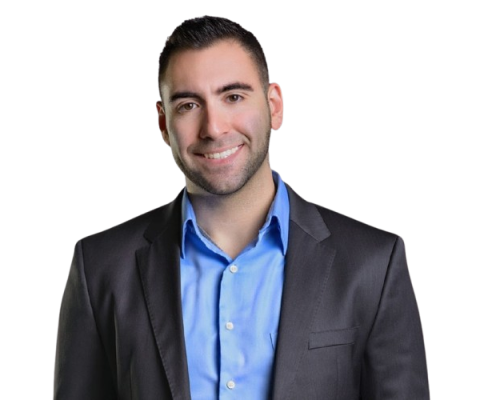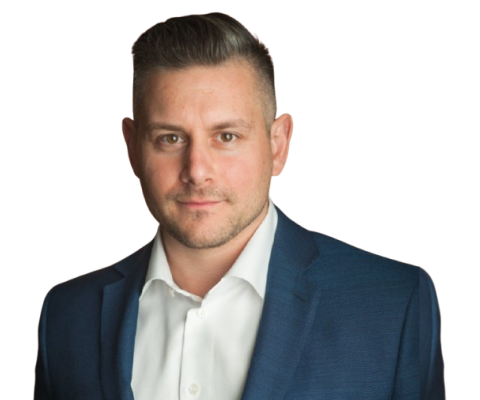Andrei Mincov's story
It all started when I was a law student in Russia.
Yes, I lived in Russia for most of my life. I can speak with a Russian accent when I try. I try not to do this all the time because it would not be very convincing but it's funny as a joke.
So, anyway I lived most of my life there and the whole journey really started when I was going to law school in Russia in Moscow. And I didn't like it at all. I didn't see myself as a lawyer. I thought it was too boring. They were teaching us something that I've never used ever since. It was all dry theory with things that I couldn't relate to practical life.
Until, one day my father, who was a famous composer in Russia, caught a radio station stealing his music to use it in an ad for Samsung.
So he called them up and said you can't steal my music. You can't just take my music and use it in an ad without asking for permission. And they told him to sit down, shut up and be grateful for making him even more famous.
He didn't like it very much. He didn't like it at all. So he told them: "Alright, I'll see you in court."
He slams down the phone. And he realizes that it's mid-Nineties, in Russia. And Russia has just switched from the old Soviet copyright system to the new free-market copyright system, and there were really no lawyers who knew that stuff.
So he came to me and asked if I could help him to take this to court. And I've always admired him, and I've always sought his approval. So when he asked me if I could help him take this to court, what do you think I told him?
Of course, I said yes.
There were 3 problems with this. 1. I had no idea what copyright law was. I really didn't know what it was about. 2. I have no idea what to do in a courtroom. They just didn't tell us that, they didn't teach us that. For two years they were teaching us the ancient history of law, Roman law, and blah-blah-blah, but none of that was something I could use in going to court, even writing a claim against the radio station. 3. But the worst thing, the worst thing, there was no Google back then. You couldn't google how to write a copyright claim against a Russian radio station that is stealing your father's music. I had to figure it out all by myself: go ask people, go to the library, do this, do that...
And so, long story short, we sued them. And I ripped them apart and then they bought the judge, and we lost.
And I remember this moment as if it was yesterday. I was sitting in my room all depressed, all messed up, reading this decision for the hundredth time. The decision didn't make any sense at all. Essentially, the judge admitted that the radio station infringed my dad's copyright but somehow the conclusion was they didn't, and so they didn't have to pay.
So my dad came to my room and he asked me, "So, Andrei, what you want to do?" And I go, "I don't know". I really don't know what I should have done any different. I think I've done everything the right way, I've said all the right words, everything was going great—until we got the decision.
And he said something that changed my approach to law, forever. He said, "If you're not going to appeal this, you should quit your law school and find yourself a different profession."
That was the moment when I became an intellectual property lawyer.
We appealed this, we lost the appeal. We appealed it even higher to one instance short of the Supreme Court of Russia—and mind you, that's my very first case! And eventually, we won!
And that was the first time when somebody in Russia was able to win a case for copyright infringement in similar circumstances. And just for you to have an idea - I've never owned a suit until 9 years in my practice, I had my hair long like this, I attended this court hearing in my jeans and with a ponytail.
It was a great learning experience, I became really passionate about this, I become really knowledgeable about intellectual property, and that was the only thing what I've been doing ever since.
I was helping my dad and then I joined the biggest international law firm, Baker & McKenzie. They are the biggest law firm on the planet, with more offices than any other law firm. And there I had the honor of doing work for all of those multinational giants like Microsoft, Apple, Dreamworks, Sony, Yamaha, Google, you name it. If you can think of a big name, I've probably done something for them.
And all was going great. I was a hotshot lawyer in Russia, I was recognized as one of the top 5 copyright lawyers. And in 2007, I and my wife, we had a really short vacation. So we went to Prague, the Czech Republic for 5 days: two of us and our 4-month-old daughter Masha.
And during those 5 days, we realized how quickly the Czech Republic switched from being a socialist nightmare into an amazing modern free-market economy. And we realized that not only wasn't' Russia close to that, but it also was not even going in the same direction.
So in 2007, I and my wife decided to leave and go somewhere else. So I did some research and realized that in order for me to do what I do, do what I do best, what I am so good at, in some other country, it has to be a country where English is a state language.
Canada ended up being the place where I could move to relatively easily and predictably. I love predictability. Really, that's the whole idea behind Trademark Factory®. I love predictability! I value predictability.
So we knew that if we applied to immigrate to Canada, we would be accepted. And we did that and 8 months later, we landed in Vancouver.
I had to go back to law school, I did 3 more years of law school because nobody recognized my Russian diploma, my Russian license, my Russian experience, my Russian Ph.D. in Law. None of that mattered in Canada, so I had to go back to law school for 3 more years, did my 3 years of law school. Then I had to do one year of what's called "articling" when, for those who don't know you have to work for a law firm, for a lawyer, and do whatever they tell you to do. Usually, it is something very minor like writing memos, doing some research, and you do it for virtually no money. But the point of that is, you gain experience that the Law Society deems sufficient for you to be a practicing lawyer. Doesn't make any sense really, but that was the rule.
These are the rules, I went through them, I wrote my bar exam, I got my license. And realized that nobody wanted to hire me. That was probably one of the most frustrating times of my life, I was not used to not being wanted. I moved to Canada after being a practicing lawyer for over 13 years, and all this time I never had to look for work: the work always found me.
So when I couldn't convince any of the law firms in whole Canada that I was good enough for them to have me on board and help their clients with intellectual property issues, I started reading books on self-development, on starting my own business. And the first book that really changed everything was the book by Robert Kiyosaki—Rich Dad Poor Dad. And when I read the passage where he explained that employment income is the most insecure type of income, I went like, "Huh, Robert, you might be writing this book about me!'
Because I just moved from a situation where everybody wanted to hire me, I was getting offers from different firms all the time to the situation when nobody wanted to hire me. And anything my skills got better after I went through 3 more years of law school. And I realized that there is something to this position that Robert is right about.
And next thought I had was, I just finished that year with a law firm that I was articling with, getting paid really insignificant amount of money. I was spending at least twice as much every month and I was getting. And my thought process was, Andrei if you start your own law firm and if you can't make at least as much as you were getting as the articling student with that firm, it must be you a crappy lawyer. It means that all your success in Russia really has no applicability here. Maybe it was just pure luck, maybe it was because of your dad, maybe it was because of your dad's connections. Whatever it was! But if you start your firm and you can't make enough to survive then you should look for something else to do.
So this is how I started my firm, and very quickly I realized that my success as a business, my success as a law firm here, would have very little to do with my brilliance and my excellence as a lawyer, and everything to do with my abilities as a marketer and a sales guy.
And trust me, at that time, which was 2011, I thought I had none of those skills! I thought I was the worst marketer on the planet and even a worse salesperson. I couldn't sell if my life depended on it.
So I started going to all of those events, all of those webinars, reading all those books, attending seminars, webinars, everything, just trying to get better. And when I go through my notes that I have from those years, every page pretty much says, how do I get better at this? How do I get better at sales? How do I get better at marketing?
And this is how I started transitioning from what Michael Gerber calls a lawyer with an entrepreneurial seizure to an entrepreneur who just has deep knowledge of the intellectual property. So I was doing less and less lawyering and more and more thinking things through, systemizing, building marketing around this, building, building, building... Until one day in 2013, I came up with this idea of Trademark Factory.
And it was the first year when I was to attend the International Trademark Association Meeting. To those of you who don't know, imagine a room with 9700 lawyers who do trademarks from around the world. That's exactly what International Trademark Association Meeting is all about, 9700 lawyers, almost 10,000 lawyers, and trademark agents. And my thought process was very simple: if I go to a place to be among other 10,000 lawyers, nobody is going to remember what I have unless I have something that is different from everything they've ever heard of. Everything that's been known to them, to their competition, and to their clients.
So I wanted to come up with something completely new, completely revolutionary. And that how I came up with the idea of the Trademark factory.
I thought about what to do to make us different from everyone else and what I did is I just started asking people, what is about the current level of trademarking services that you don't like? And the answers were very, very, very consistent with one another. Everybody kept saying it is a lack of predictability. Every time we'd ask the question, "How much it is going be?", the answer is, "Well, it depends". And they would send you the schedule of fees and you would never really know.
Ok, great. What else? Well, they all charge by the time. It's all about the time. It's never about the result. And trademarks are just about the result! You get one or you don't. It's not that you can get a better trademark or a worse trademark. So, there was this other thing: how do we get that certainty in the result, how do we get certainty in the budget?
And the last thing is, how about all new brands that we think about, the last thing we want is to have to pay a lot of money for somebody to tell us that we can't get them.
So this is how the Trademark Factory idea was born. That's how we came up with the idea that Trademark Factory will have a free comprehensive trademark search, so you know whether or not your brand is trademarkable without paying anything for it. And mind you, it's not an automated search: we have people spending 1-2 hours per request to tell you whether or not your brand is trademarkable.
Second, we have an all-inclusive flat fee that covers everything from start to finish. Again, it covers the predictability.
And the last one is the 100% money-back guarantee, which covers the result.
So all of those things were the direct result of me trying to become a better marketer, a better sales guy.
And all was going great. The idea of Trademark Factory picked up so much so that in 2015, last year, I looked at our numbers and realized that all we do more than 90% of the business comes from trademarks. And the other thing I realized is that If I wanted to offer our services to people outside of Canada, to people outside the U.S., then I had to restructure the business in a way that I could be permitted to do so. We have all sorts of crazy regulations here in Canada for what lawyers can and cannot do. We just couldn't scale it internationally unless I decided to give up my lawyer's license, something was so hard to get. Something that I spent years to get!
I had to say, I no longer want this. That was a huge step out of the comfort zone, so just like moving from Russia to Canada was a huge step out of my comfort zone. Just as starting my own firm, as opposed to just getting instructions from your employer, that was a huge step out of my comfort zone. The next big step out of my comfort zone was me giving up my lawyer's license last year.
And I think it was the best thing I ever did because we have been growing since like crazy. We get clients from all over the world, we look at trademarking in other jurisdictions, and really that allowed me to look at this as a scalable business. And if it means that in order to help more people get their trademarks done the way they want to get them, if it means that I have to not be a lawyer—to hell with the license!
So I still have my license as a trademark agent, I still have all my 20 years of experience as an ex-lawyer, I'm a being best-selling author of many books, 3 of them I published in Canada. One is the Ultimate Insider's Guide to Intellectual property and two other ones are in the From Faceless to Legendary series: From Faceless to Legendary, The Ultimate Insider's Guide to Intellectual Property for Bars, Cafes and Restaurants, and the From Faceless to Legendary, The Ultimate Insider's Guide to Intellectual Property for Coaches, Mentors, Trainers, and Consultants. All these books are where I explain intellectual property so that a 9-year-old can understand.
Really, you will hear it in my videos that I say that I'm famous for being able to explain intellectual property so that a 9-year-old can understand. This is where the whole thing comes from. This is why I have these books, this is why I do these videos, this is why we publish cartoons.
This is why we want trademarking to be something that you can understand, we don't want to overload you with all of this useless data. We don't want to overwhelm you with how much we know about trademarks. We want to make sure that this is something that is fun. This is something that adds value to your life and adds value to your business.
So really that's the whole story.
I don't know where the next step is going to be. I know that Trademark Factory is growing. We now have a team of seven. And it is an amazing journey! And I just want to thank all of you for being a part of this journey.
Thank you for watching this video. Thank you for allowing me to have become what I am right now. It was, as I said, a very interesting transition. And I look forward to sharing that story with you and I look forward to you sharing your stories with me. Because I know how important those stories are for every business.
I know you have those stories. I know your brand has a story. And it's something we will be happy to look into for you: how we can protect your story, how we can protect your brand, how we can make your business more valuable.
Thank you.


